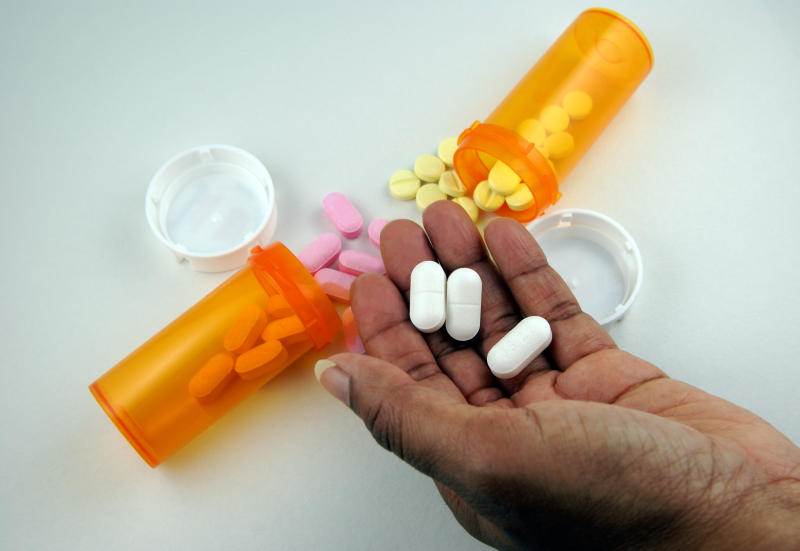×
The Standard e-Paper
Kenya’s Boldest Voice

Global players in pharmaceuticals are capitalising on the fear of fakes to crush competition from supply chains outside their control.
A scathing attack was launched on drugs meant for other countries that are being imported directly to Kenya avoiding the tight grip of multinational supply chains.